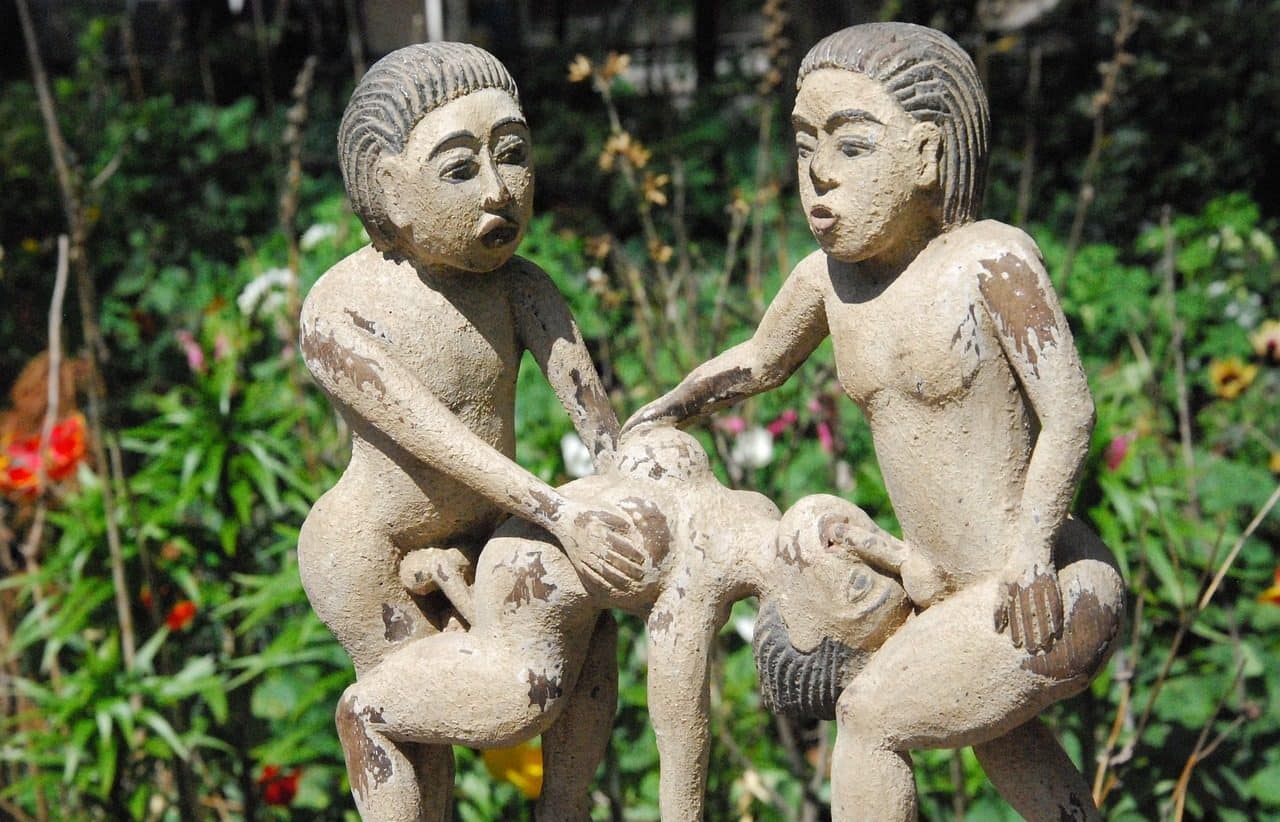
A taboo is a prohibited behavior or action.
Taboo is a Polynesian term that means "the forbidden." The concept allows us to mention behaviors or actions that are prohibited or censored by a human group due to cultural, social or religious issues.
Taboos are usually established on what is considered unnatural . Whoever breaks a taboo commits a fault and is punished, either from the legal aspect (when the fault is a crime and represents a violation of the law) or socially (through discrimination , public condemnation, etc.).
Most taboos arise from cultural tradition , although some may also develop from dominant political interests. A taboo, in short, always represents a restriction on people's field of action.
Taboo and words
Among the various types of existing taboos we would have to highlight those that refer to the prohibition of pronouncing certain words or phrases . Specifically, Chinese culture is the one that has perhaps encouraged and developed this type of language restrictions the most, such as when naming certain emperors, saints or ancestors.
Fans of the literary and cinematographic saga "Harry Potter" , created by the writer JK Rowling , for example, know that the characters at the beginning of it also had a taboo on this line. Thus, it was forbidden to say the name of Voldemort , who is the antagonist, the lord of the dark side who wants to take over the world.

Cannibalism is taboo.
From cannibalism to sexuality
Cannibalism is one of the most widespread taboos. Eating human flesh is considered aberrant by the vast majority of people. Other food taboos are more limited, such as eating pork (something condemned by Judaism but common for Catholics, to mention one case).
Sexuality includes many taboos, some very widespread (such as incest or bestiality ) and others that are obsolete today ( homosexuality , premarital sex ).
It must be considered that the notion of taboo changes with history and depends on each community. A subject can even develop a behavior considered taboo by society but that does not cause him any rejection. In these cases, it is usual for said conduct to be carried out privately or secretly, to avoid public punishment.
The link between people and taboo
As we already indicated, individuals can relate to a taboo in different ways. This link is personal , but at the same time it is conditioned by the context .
At a general level, it can be indicated that breaking a taboo generates shame and modesty since said violation of the rules usually causes a stigma . Therefore, there is a repression that leads to trying not to comply with what is socially acceptable. If we focus on the Catholic religion, when taboo is a sin , the condemnable conduct is considered blasphemy , heresy or sacrilege .
The transgression of the rules or the deviation from what is established always produces, in one way or another, a punishment or sanction . For this reason, many times those who break a taboo tend to do so from ostracism or clandestinity . This allows you to avoid damage.
Sometimes, there are those who are interested in taboos due to the mystery generated by what is forbidden . In any case, fear remains about the possible effects of avoiding conventions, both for the action itself and for the social repercussions.
Take the case of grave desecration . This infraction is a crime , which is an illegal act that carries legal punishment. In addition, popular belief holds that a curse can fall on the defiler.

Sinfulness and indecency are often considered taboo.
The debauchery
The most conservative subjects who seek to keep taboos intact condemn debauchery . These are people who oppose hedonism , lust and excess , even in intimate life, considering that anything unconventional is shameless.
These men and women condemn offenders and often accuse them of supposed social decline . That is why they promote repression and reject the "excess" freedom that, over the course of history, human beings gained by leaving behind multiple ties.
"Taboo" as a title
In addition to all of the above, it should be noted that in 2012 the film "Tabú" was released. Originally from Portugal , it falls within the dramatic genre and takes three different people as protagonists: an elderly woman with a lot of character, the woman's caregiver, and the neighbor.
The last two women will be the ones who, when the first dies, discover that in the past the protagonist lived a love story full of passion and adventures in African lands.
We also have to highlight the existence of a board game called "Taboo" . In it the contestants have to guess a word through the descriptions of others. The key is that the latter are prohibited from using certain concepts that would allow the term in question to be quickly known.
